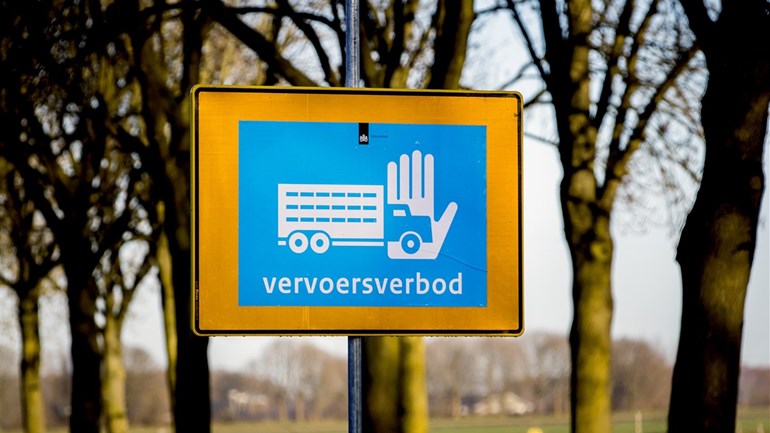“I hope it’s not too bad, because he’s a hobbyist, and the measures won’t last long.” Poultry farmer Peters of Lettele is very disappointed with the transport ban that has now been imposed that bird flu has been diagnosed in Heeten. Peters has a business hatching eggs, which are usually collected twice a week for export. Due to the transfer ban, this is not possible at the moment.
Bird flu was diagnosed on Tuesday in private poultry farms in Hettin. Later, more than six hundred animals from this farm were killed, including swans and ducks. The NVWA immediately imposed a transportation ban on all poultry farms within a ten kilometer radius of contamination. Within a three-kilometer radius around this site, all poultry farms are checked for bird flu. Peters and his company are also within those three kilometres.
at the expense of quality
“The NVWA called me on Tuesday morning about the contamination. They said the transport ban applies in any case for fourteen days. So I have to store the eggs myself for that long, and that’s at the cost of quality.” He cannot yet say what it will cost him financially, but the longer the measures are applied, the greater the financial loss. “All disturbances have consequences.”
Peters now mainly hopes that the virus will not be detected in any of the poultry farms being examined by NVWA. Because the procedures are expected to last longer. Hence the consequences for his trade are also greater. Trading eggs in his country is not really an option for him. “I can only sell here on a very limited basis.”
Lots of additional management
A few kilometers away in Raalte, outside the three kilometer area but within the ten kilometer area, Robert Nijkamp works his company with poultry and cows. “Now I have a lot of extra management due to the transfer ban. But at the moment I have no harm in terms of broilers. They will be here for the next few weeks, before they are collected.” If the transfer ban lasts longer, the story will also be different for him. How they differ is not yet known.
The ban on transportation has no consequences for the part of the business in which he raises cows, because the two parts of the business are well separated from each other. Nijkamp is now paying extra attention to his poultry. “You will now be watching closely for any loss in your poultry. If you are not aware of something, it is now important to ring the bell immediately.”
The union does not expect further injuries
Bart Jan Oblatt, president of the Dutch Association of Poultry Farmers, does not expect that there will be more infections within a three-kilometre radius as well as infections on hobby farms. “I expect it to stay that way. The caution we’re dealing with now is really cool. We developed a lot of hygiene protocols as a result of 2003, when bird flu went from farm to farm. You don’t ‘I don’t really see it anymore.'”

“Total coffee specialist. Hardcore reader. Incurable music scholar. Web guru. Freelance troublemaker. Problem solver. Travel trailblazer.”







More Stories
GALA lacks a chapter on e-health
Weird beer can taste really good.
Planets contain much more water than previously thought